Waseda University's beginnings hark back to 1882, when samurai turned politician-cum-educator Shigenobu Okuma founded Tokyo Senmon Gakko (Tokyo College). The institution acquired university status in 1902 and was renamed Waseda University.
Since its establishment, the university has sought to develop an international profile and produce graduates who contribute to the public good as global leaders. Waseda enrolled overseas students from as early as 1884, sent faculty members overseas via scholarship in 1900 and received a lecture by scientist Albert Einstein in 1922.
Today, Waseda continues to build a worldwide academic network that is open, dynamic and diverse, by focusing on the three pillars of research, education and social contribution.
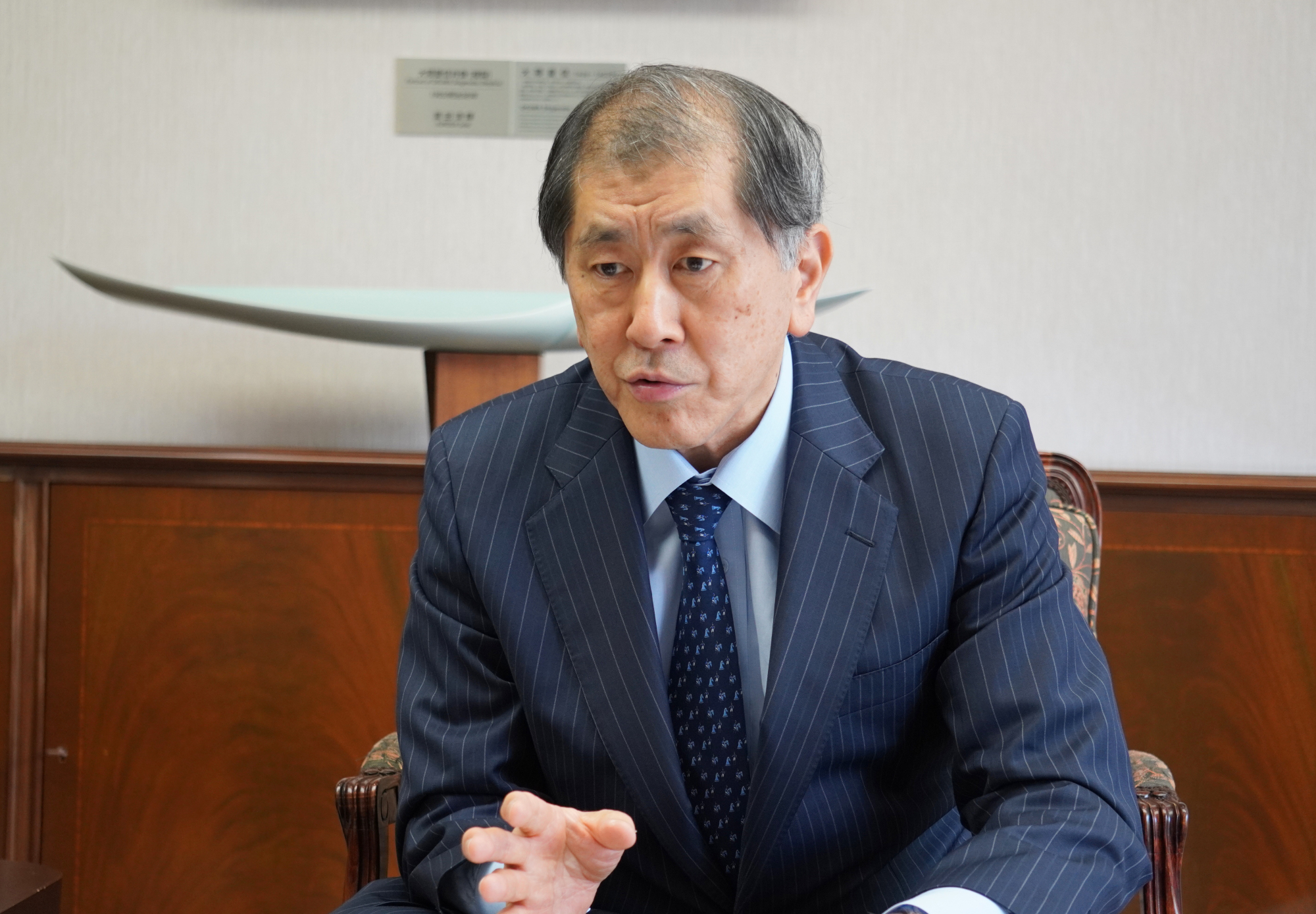
"In terms of research, Waseda is collaborating with 12 other top-class universities in the Graduate Program for Power Energy Professionals (PEP Program), which aims to produce doctoral graduates to help develop electric and energy systems for tomorrow's society. As the only private university adopted in the first year for the government-backed Doctoral Program for World-leading Innovative and Smart Education, Waseda emphasizes developing globally outstanding experts in such areas as nanotechnology and renewable energy," said Aiji Tanaka, the university's president.
Academic strength
Waseda is also leading the way with the research and development of basic algorithms and elemental technologies for a common software platform that promotes the flexible use of the quantum annealing machine, a machine that is expected to resolve combinational optimization problems at high speeds. Resolving such issues is key due to the social demands for high-performance computing and the use of long-awaited technology in such industrial fields as mobility, finance and new drug development.
As part of other steps to further increase the caliber of its research and the education it provides, Waseda regularly invites top-level researchers to the university. Visiting professors from around the world conduct joint research and give lectures to the students.
"Their stays may range from several weeks to a year. But however short, the opportunity for our students to be exposed to globally cutting-edge research and engage in dialogue with the best researchers in their field is an invaluable experience that stimulates our students to truly become global," Tanaka said.
Similarly, Waseda is making efforts to employ prominent faculty members from outside Japan to conduct lectures and discussions in English. Consequently, in fiscal 2018, Waseda outranked all other universities in Japan through its appointment of 158 international faculty members.
Management is also undertaking globalization efforts and appointing respectable external board members. These include Frances McCall Rosenbluth, a Damon Wells professor of political science at Yale University, as well as Yasuchika Hasegawa, a former chairman and current counselor of Takeda Pharmaceutical Co. Ltd.
Regarding good citizenship, Waseda students are enthusiastic volunteers, with roughly 25 percent of the university's students — 10,000 out of the current total of over 40,000 students — participating in volunteer activities every year. Registered under the Hirayama Ikuo Volunteer Center, these student volunteers work on domestic and international campaigns such as helping to build schools in developing countries, assisting with post-disaster reconstruction efforts, and drawing upon the Paralympics as inspiration for sports and disability-focused projects.
"It is important not only for us to attract worldwide attention as an academic leader conducting outstanding research and development, but to also produce students who make worthwhile contributions to society," Tanaka said. He stated that Waseda places emphasis on the three pillars of research, education and social contribution, and these efforts would in the long run positively affect Waseda's position in the QS World University Rankings (issued annually by a British education-related institution that evaluates universities around the world on a regular basis).
According to the 2019 QS rankings, five Waseda subjects (modern languages; classics and ancient history; mineral and mining engineering; sports-related subjects; politics and international studies), as well as one subject area (arts and humanities) were in the top 50 globally. Meanwhile, 11 other subjects and another subject area made the top 100 ranking.
Facilities
Waseda is also making strides with the opening of various on-campus facilities to help disseminate its activities. Certainly worth mentioning is the university's plan to establish the International House of Literature for scholars of world literature and translation, which was announced at a press conference in November. The facility will receive donations of works from world-renowned writer and Waseda graduate Haruki Murakami, famous for his novels, translations and book reviews that appear in 50 or more languages.
"With the compilation of such a fine collection, this archive is sure to become an ideal center of research and exchanges among all Murakami fans and literature lovers around the world," Tanaka said.
Other Waseda museum facilities open to the general public include the Tsubouchi Memorial Theatre Museum, with its vast collection of over 1 million items dedicated to theater and dramas, as well as the Aizu Museum, exhibiting over 18,000 items of Eastern art, modern art and archaeology and the Waseda University History for Tomorrow Museum, preserving the history of Waseda University. There is also the Waseda Sports Museum that features photos, movies and displays of uniforms, shoes and trophies of Waseda athletes who competed in baseball and figure skating among other sports.
Resilient intellect and flexible sensibility are two important characteristics Waseda students should develop, according to Tanaka. He described resilient intellect as the ability to think through and generate solutions to problems to which no one knows the answers. "In general, maintaining a sense of academic open-mindedness is difficult when an individual grows too comfortable with their current environment and only interacts with like-minded people. To combat this, diverse encounters are necessary," he said. Becoming exposed to people of different nationalities, languages, religions, cultures and sexualities would foster flexible sensibility.
Global reach
Skills in broadening one's mind can be honed by interacting with, and learning from, international faculty members and overseas students. Waseda has been steadily increasing its student enrollment from countries such as Australia, Canada, China, France, Germany, India, Indonesia, Italy, Malaysia, Myanmar, the Netherlands, Singapore, South Korea, Sweden, Thailand, the U.K., the U.S. and Vietnam. As such, the total number of international students at the university reached 7,942 in 2018.
Likewise, the number of Waseda students studying abroad has also been on the rise. Their choice of destination also spans many countries including the U.S., the U.K., China, France, Canada, Germany, Australia, Italy, South Korea, Spain and Sweden. The number of such students studying abroad reached 4,629 last year.
But Tanaka thinks these figures are still too low. He harbors high hopes that eventually all Waseda students will study abroad, since he firmly believes that they need to examine Japan from afar. "Our students should expand their perspectives and see how people outside Japan address global issues. Whether taking a job within or outside of Japan after graduation, each student needs flexible sensibility and resilient intellect to help solve unorthodox issues," he said.
When Japan was trying to catch up with the achievements of the West, especially the U.S., after World War II, the Japanese had to find correct answers to many problems. Therefore, Japanese schools have been trying to educate students who could quickly come up with correct answers. However, when Japan caught up with the West in the mid-1980s, it lost its model to chase. Soon after, the economic bubble burst in Japan, and Japanese universities had to change their teaching methods.
"Waseda University should now foster students who can come up with their own solutions to those problems because human beings now face problems to which no one knows the answers. Waseda University today has therefore strived to develop academically open-minded students who can observe and understand issues from different angles. Therefore, at Waseda, students should come up with a hypothesis as their own solution and verify its validity by showing evidence. Students need to be bold enough to restart this process and keep trying if their originally suggested hypothesis doesn't work," Tanaka said. "Waseda wholeheartedly welcomes students who can come up with solutions that even their professors might not even think of. This resilient intellect should be fostered with flexible sensibility at Waseda because these two characteristics will help drive today's world toward a brighter future."



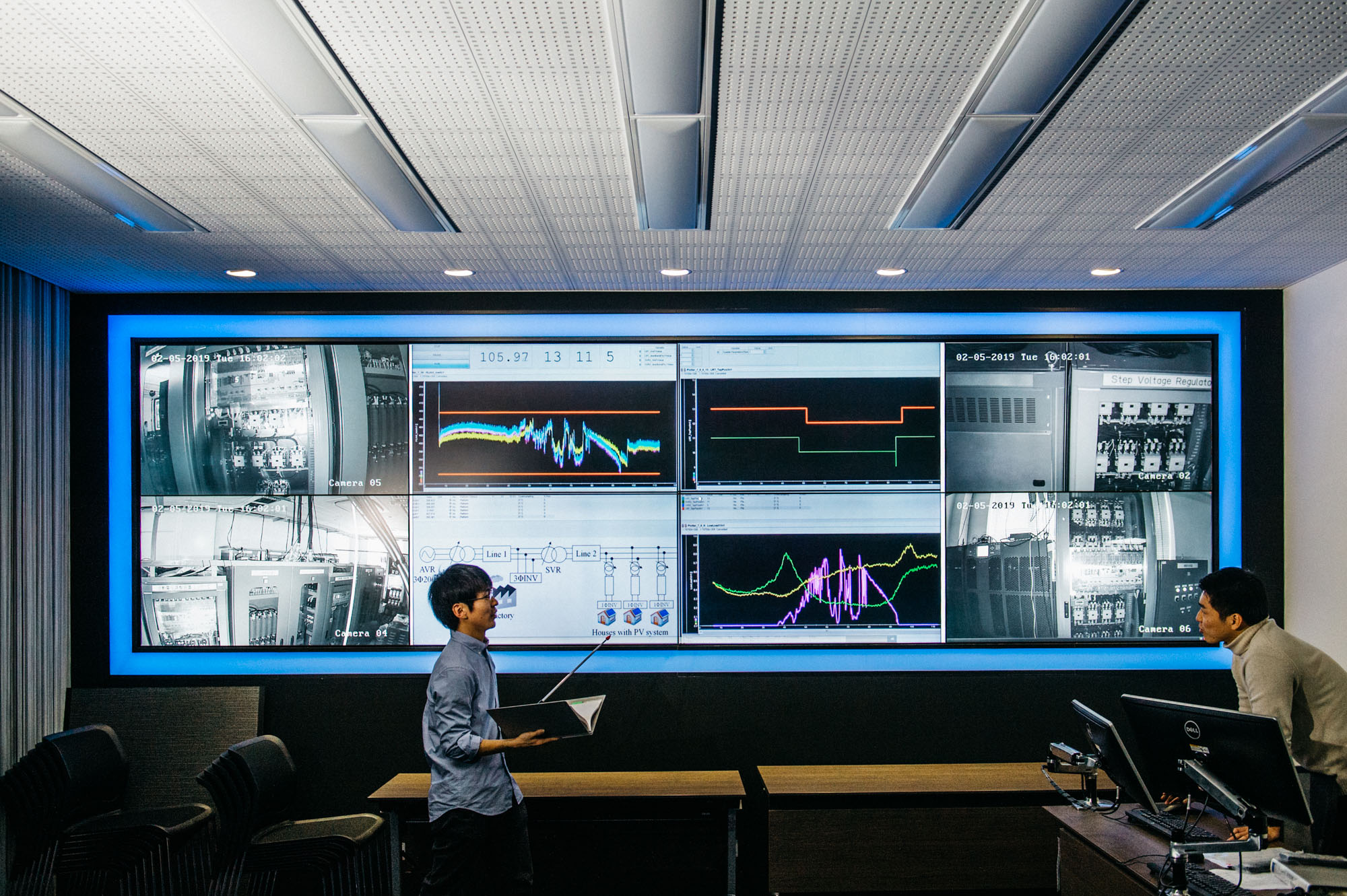
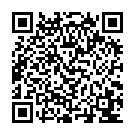
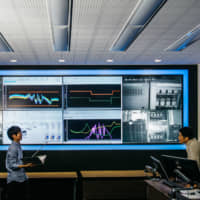
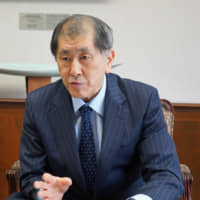
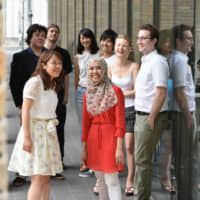
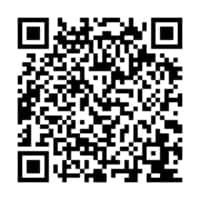














With your current subscription plan you can comment on stories. However, before writing your first comment, please create a display name in the Profile section of your subscriber account page.